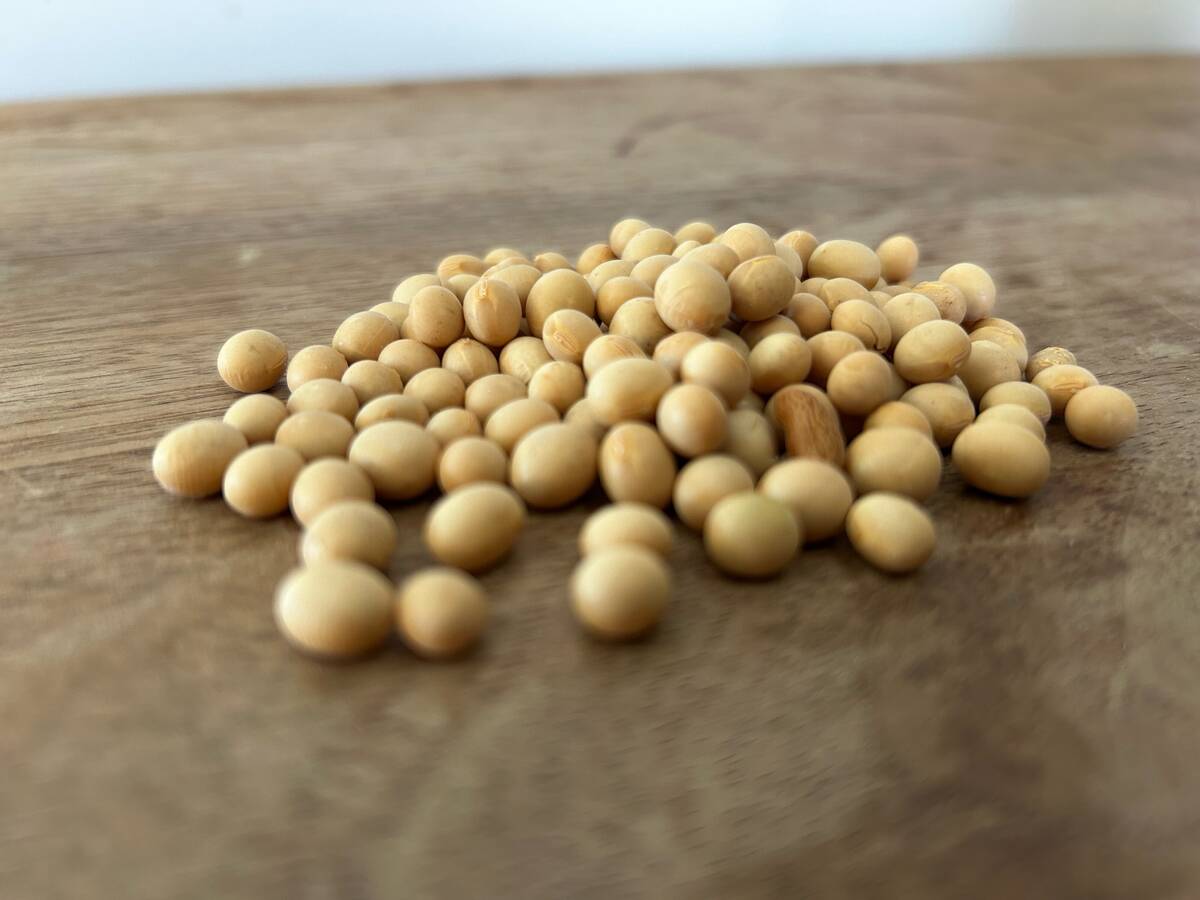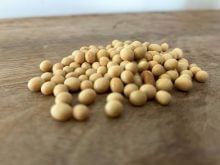By Robert Arnason
Brandon bureau
DAUPHIN, Man. – The shortage of employees in Canada’s meat sector has got the federal government’s attention and a solution may be in the works.
John Masswohl, director of government and international relations for the Canadian Cattlemen’s Association, said the meat processing industry has struggled to recruit and retain employees, following changes to the temporary foreign worker program in the spring.
He said the government has developed a strategy to recruit immigrants for high demand jobs in Canada. That plan may include immigrants who want to work at Canadian slaughter plants.
Read Also

U.S. grains: soybeans firm ahead of USDA data
Chicago soybeans ticked up slightly on Wednesday as traders adjusted positions ahead of the release of official U.S. data on global supply and demand on Friday, the first update in weeks, but prices were capped by a lack of large Chinese purchases.
“Where we see the light at the end of the tunnel to resolve this, is something called express entry,” Masswohl said at a CCA town hall meeting in Dauphin, Man., Oct. 28.
“The government is going to create a special class (for immigrants) where they identify high-need, skill occupations….
“I believe we’ve got them to acknowledge (that) industrial butchers fall under that (category).”
In June, employment and social development minister Jason Kenney introduced changes to the temporary foreign worker program. The amendments included limits on the percentage of foreign employees at a workplace and shortening the length of time a temporary foreign worker can spend in Canada to one year from two.
Kenney altered the program following alleged abuses by fast food restaurants this spring. Three McDonald’s restaurants in British Columbia allegedly gave more shifts to foreign workers, while a restaurant in Weyburn, Sask., fired long-time waitresses to hire foreign labour.
Primary agriculture received an exemption from the changes but the meat industry did not.
Meat processing companies said the modifications would dramatically affect their operations because they cannot hire enough Canadians to staff their slaughter plants.
Dennis Laycraft, CCA executive vice president who also spoke at the Dauphin meeting, said cattle and hog processing plants on the Prairies are short 600 workers.
“The major plants are all saying they are about 150 employees (down), from where they would like to be to operate at capacity,” he said. “That’s without doing the value added opportunities. With the value added opportunities it’s more than (600).”
Consequently, some plants are buying fewer Canadian cattle and those animals are being diverted to American slaughter plants, Laycraft said.
“If they’re operating at 3,500 (head) a day, instead of say 4,200 a day. That’s the type of thing we’re talking about,” he said. “If they had more employees they’d be processing those many more cattle per day.”
Masswohl said an express entry program for meat industry employees remains in development, but the government is determined to address labour shortages in certain sectors of the economy.
“It would be for people who have certain skills that are identified as being in high demand and in short supply in Canada,” he said.
“There does seem to be a willingness (by the government) for new immigration and creating new Canadians…. I think this is the concept under this express entry.
“You get people that aren’t going to come and take a Canadian job away. They’re going to take a job that isn’t being served by a Canadian.”
Sidebar: Express Entry
Earlier this year the federal government announced a new electronic system to manage applications for economic emigration to Canada.
Express Entry applies to four existing economic programs:
- Federal Skilled Worker program
- Federal Skilled Trades program
- Canadian Experience Class
- A portion of the Provincial Nominee Program
According to a federal government website, “Express Entry will be open to skilled immigrants and allow the government to select the best candidates who are most likely to succeed in Canada, rather than those who happen to be first in line.”
The government intends to launch Express Entry in January 2015.















